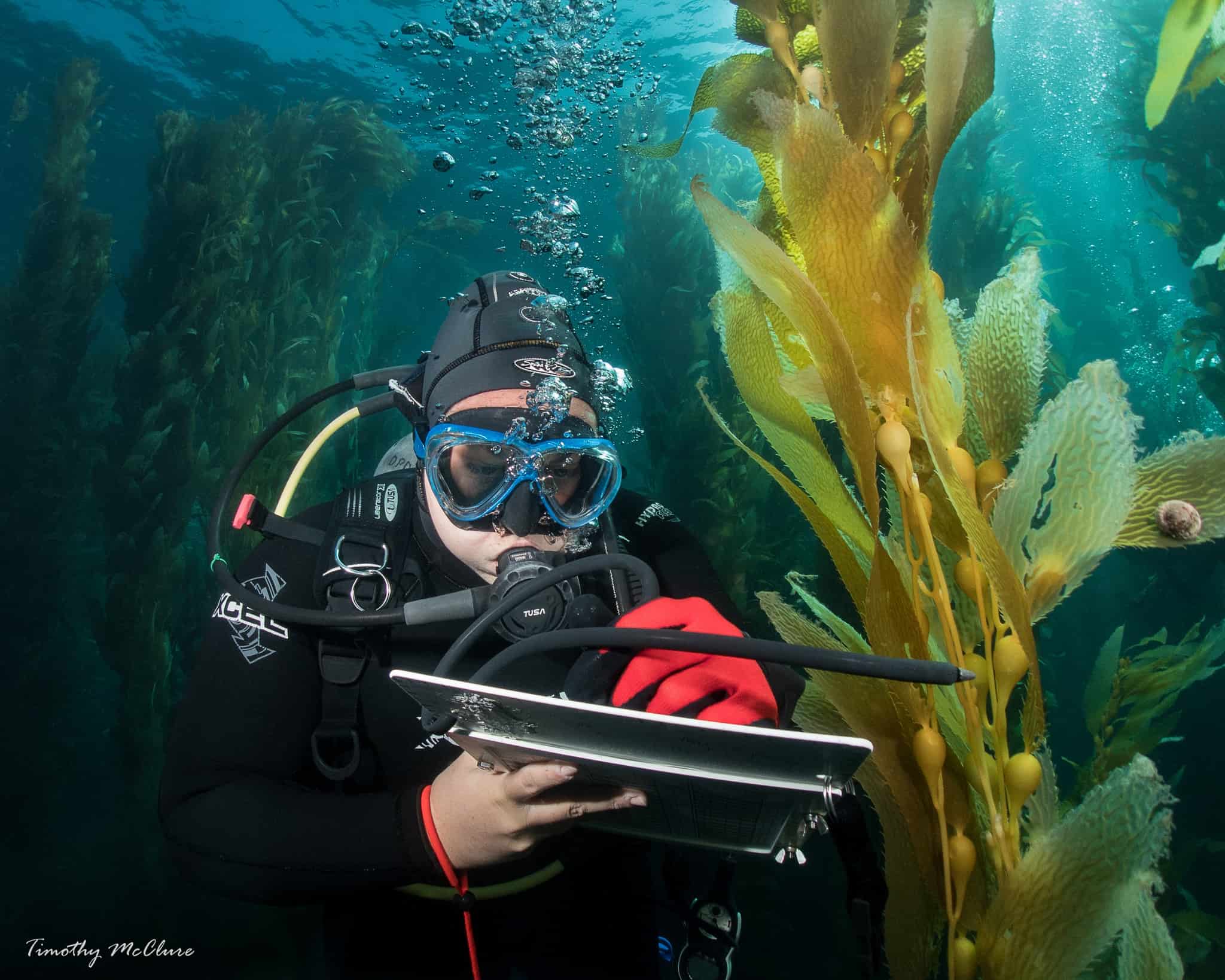
As we gear up for our 19th survey season, we are deeply grateful for our volunteer support over the past 18 years. Together, we’ve overcome countless challenges and collected invaluable data that has revolutionized our understanding of kelp forests and their vital role in our marine ecosystems.
But as we look ahead to the 2024 season, we face a new challenge: funding cuts due to the California budget crisis.
Here’s what’s at stake:
– North Coast: Seeking funding for 5 out of 27 long-term sites
– Central Coast: Seeking funding for 18 out of 38 long-term sites
– South Coast: Seeking funding for 17 out of 56 long-term sites
We need your help. You can support Reef Check by directly donating, sharing our work with your network, and checking with your employer to find out if they offer matching donations or volunteer grants.
Joining our monthly giving program is one of the most impactful ways to support us. A monthly donation of $30 can go a long way in helping us reach our goals! Every contribution, big or small, will make a tangible difference in our ability to keep these important sites on our survey list.
Together, we can ensure that our 19th season is a success. Thank you all for your unwavering support and dedication. Let’s dive into another year of protecting, preserving, and restoring our precious kelp forests!
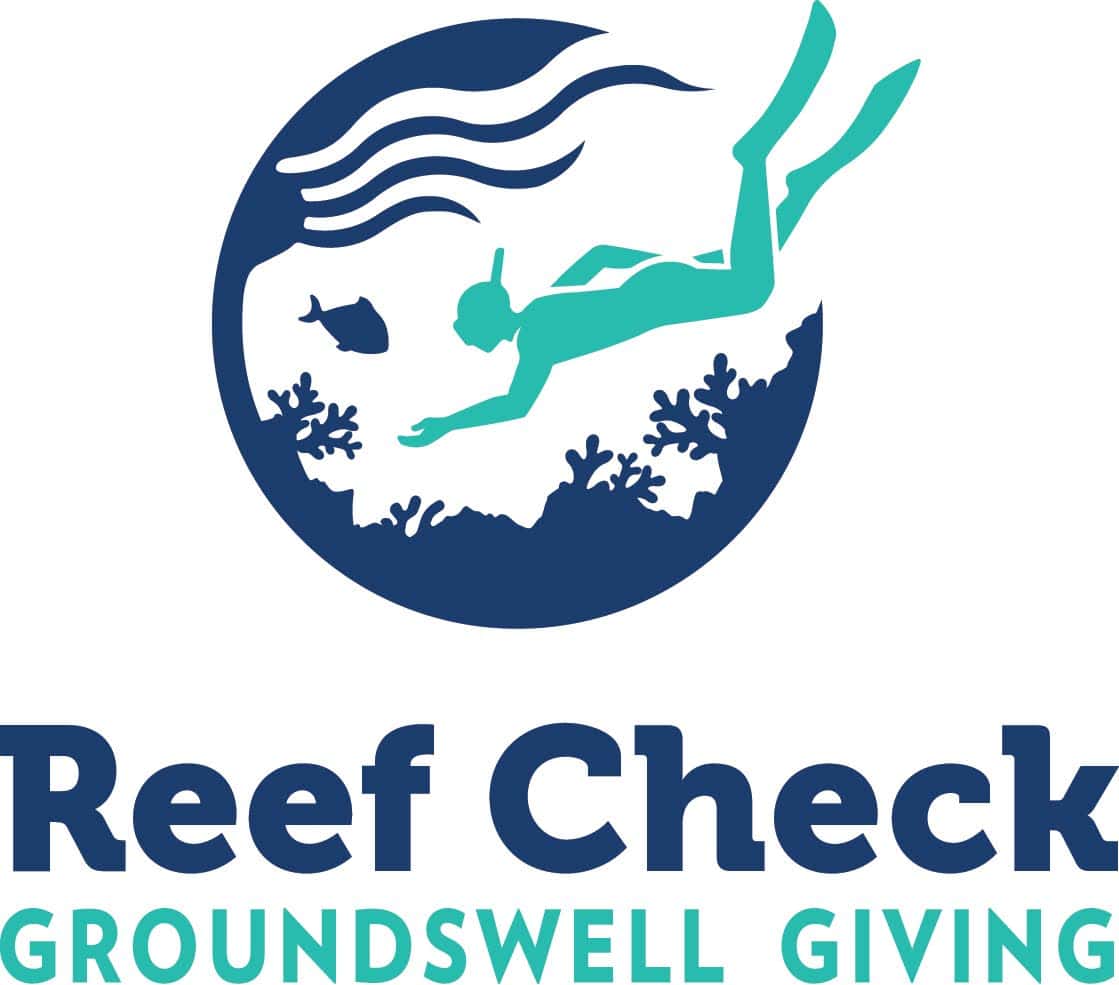
Groundswell Givers are a special group of our most committed supporters making a recurring gift of any amount each month. Groundswells occur at sea in response to a strong disturbance. In the same way, our Groundswell Givers are a powerful force of support for Reef Check in response to man-made disturbances inflicted upon the ocean. Ongoing, unrestricted donations are critically important to Reef Check as they provide us with steady support that we know we can count on as we work together to make a difference in reef conservation.
Your tax-deductible generosity will fuel critical scientific monitoring efforts worldwide and will offer sustainable conservation solutions to the extraordinary ecosystems we all depend upon. Your ongoing support will be put to use immediately and multiplied by our powerful network of thousands of volunteers, maximizing the impact of your donation.
Double Your Impact!
By simply completing a matching gift form from your company, you may be able to double or even triple the impact of your donation to Reef Check! And if you volunteer with us, your employer may provide us with a grant as a way to recognize your ongoing support. Search now to access your company’s matching gift forms and apply.
 Subscribe to Newsletter
Subscribe to Newsletter Donate
Donate Shop
Shop 0
0







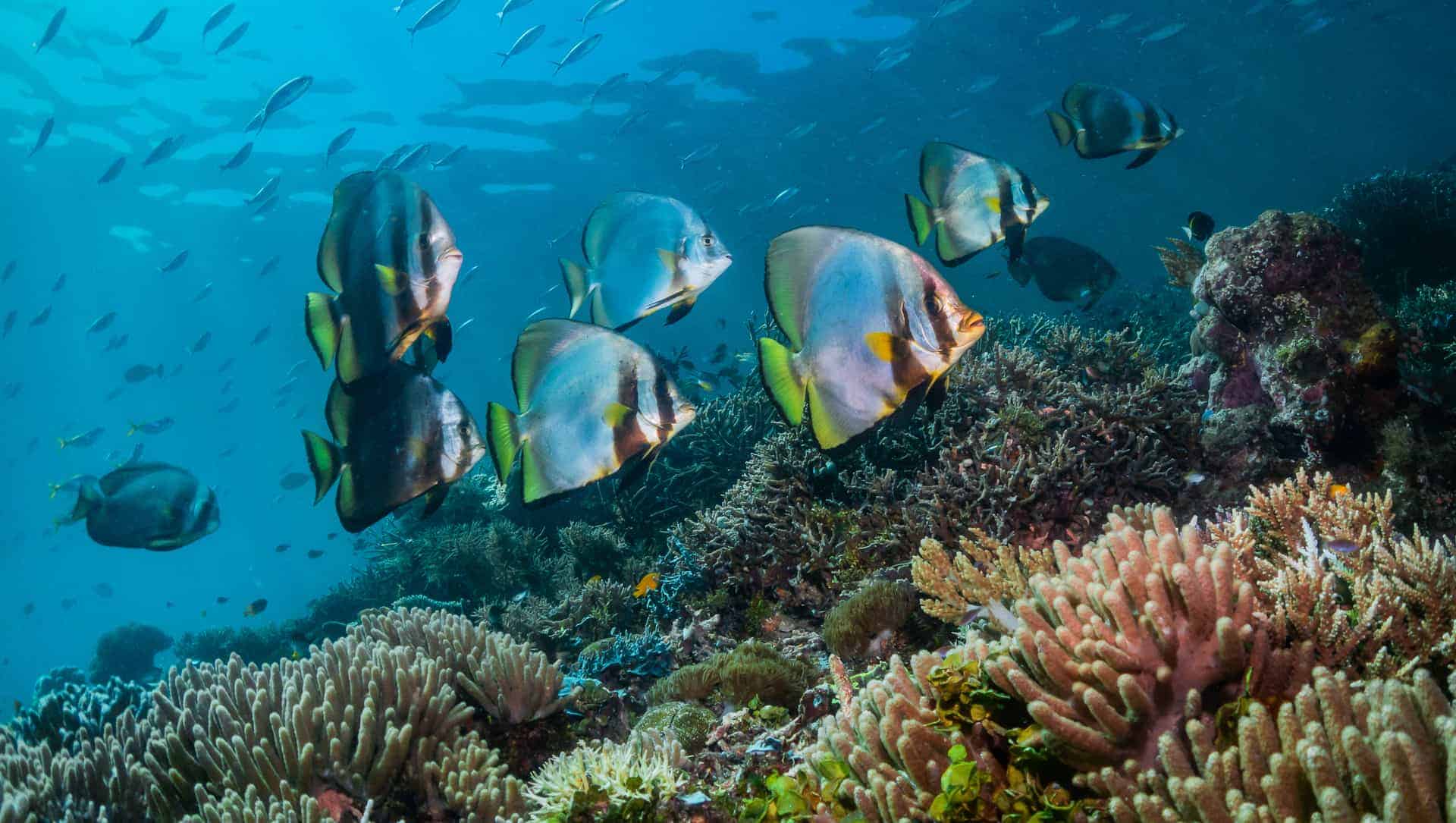
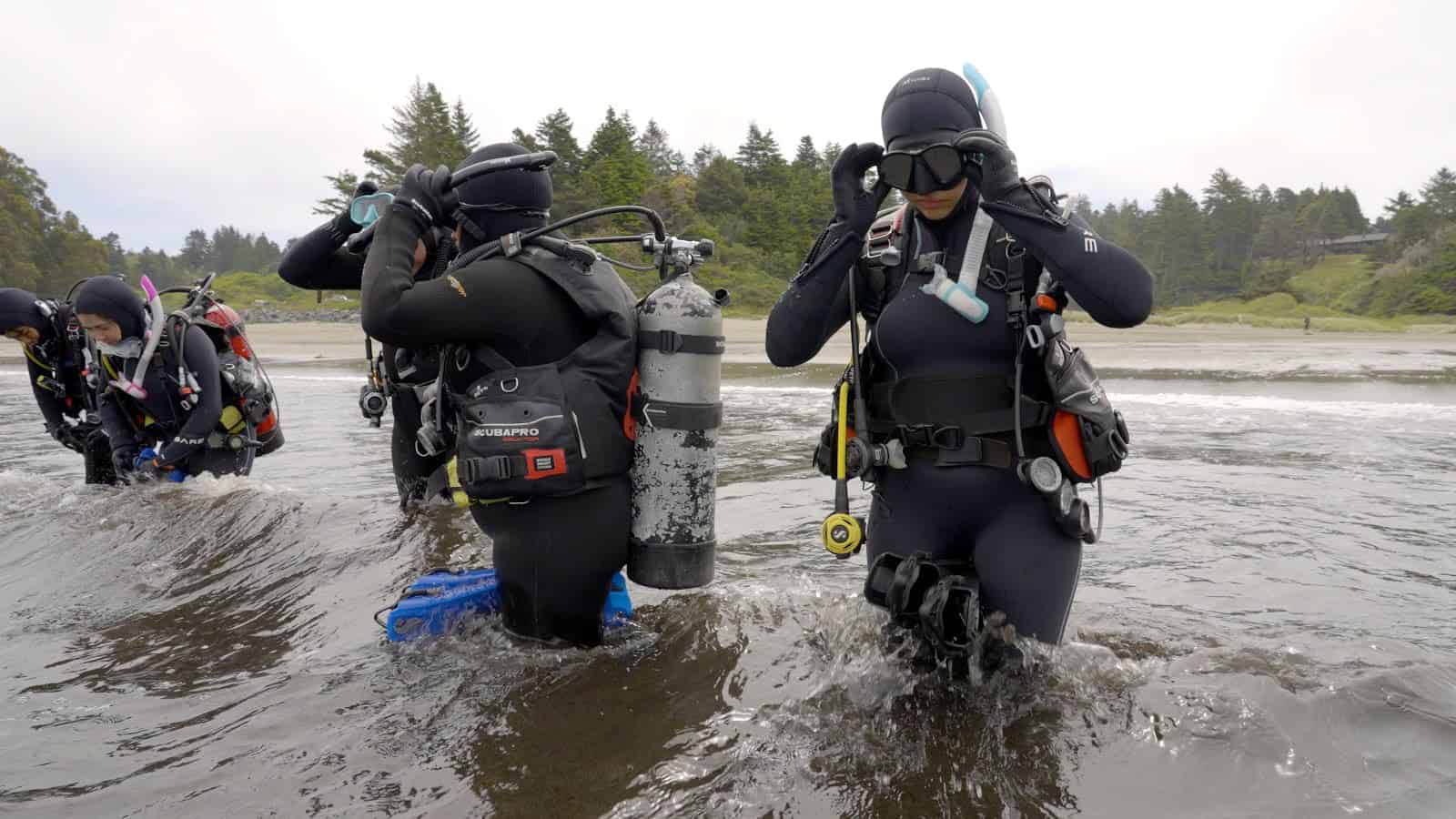
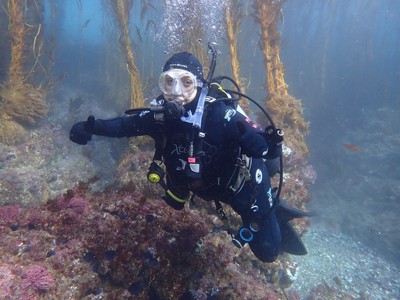
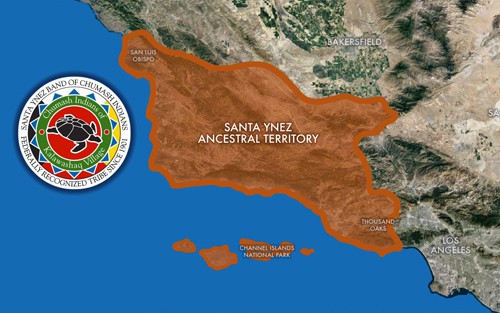
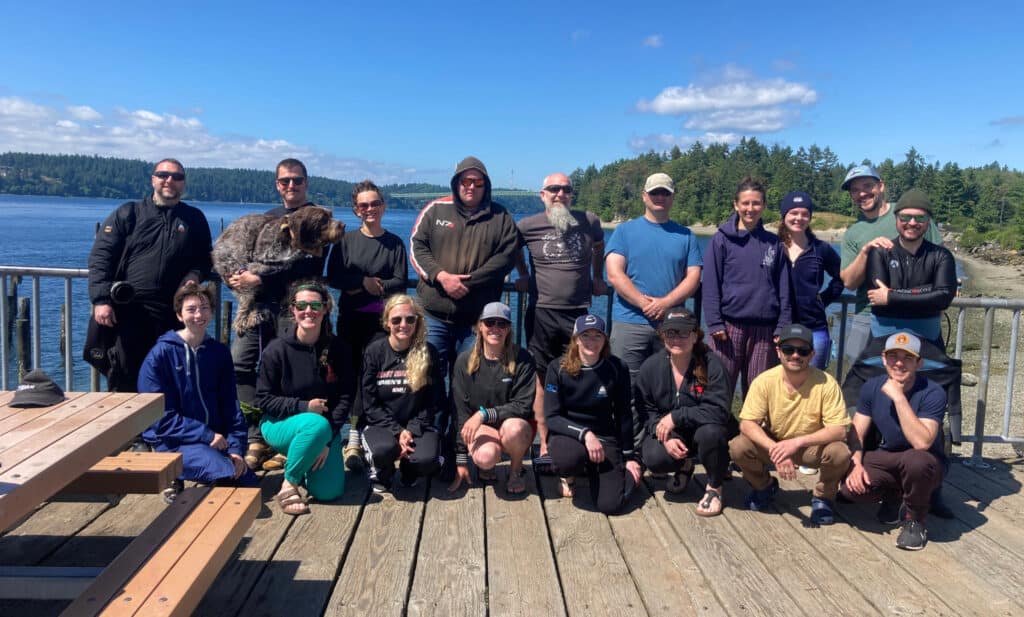
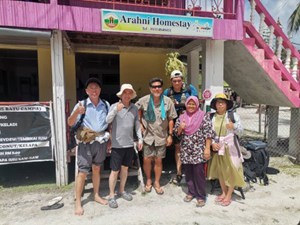
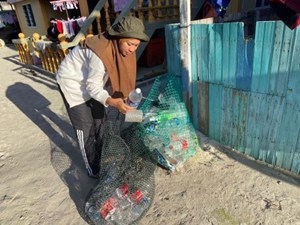
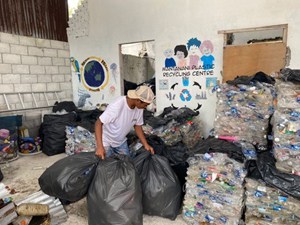
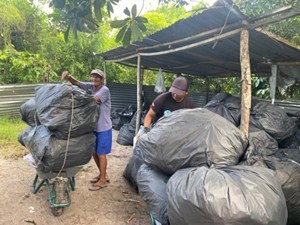

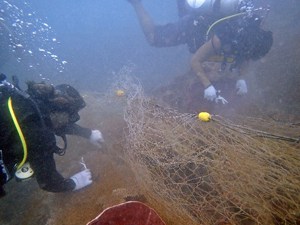
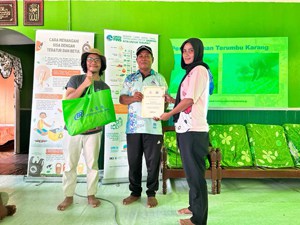
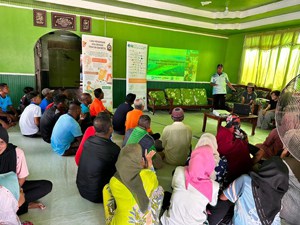
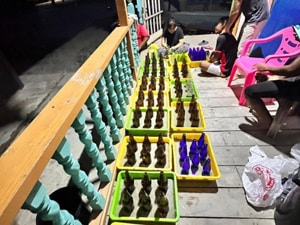
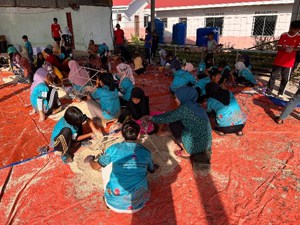



![Travel 🤝Volunteer Work [Español abajo👇] 🇲🇽
We are collaborating with @mexcal.science and @ecocimati.ac on a special Baja Reef Check training for our Mexico survey project! We have two opportunities for training:
In Spanish: May 2024 📍Ensenada
In English: June 2024 📍San Diego
We’ll bring the teams together in Baja California for survey dives later this year where you will work and learn from each other. We need more data, especially to track kelp forest health in this area, so your efforts will support ecosystem management.
This work will also help local communities determine what geographical areas are doing well, and what fish species are sustainable to harvest. This is an important international effort to support resilience in local jobs and to expand our understanding of changes in the environment along the West Coast of North America.
Message us to get more details about this program. We hope to see you in Mexico with us this season!
¡Estamos colaborando con @mexcal.science y @ecocimati.ac para llevar a cabo un entrenamiento especial de ReefCheck en Baja California para proyecto de monitoreo en México! Tendremos dos oportunidades:
En español: Mayo 2024 📍Ensenada
En inglés: 📍San Diego
Este año uniremos los equipos para realizar monitoreos en Baja California, donde trabajaremos juntos y aprenderemos uno del otro. Necesitamos generar más datos, especialmente para monitorear el estado de los bosques de macroalgas de esta zona. Tú esfuerzo contribuirá al manejo de este ecosistema.
Este trabajo también ayudará a que la comunidad local pueda identificar los sitios que se encuentran en buen estado y qué especies se pueden consumir de manera sostenible. Este es un esfuerzo internacional importante para apoyar la resiliencia de empleos locales y extender nuestro conocimiento sobre los cambios ambientales en la Costa Oeste de Norte América.
Mandándos un mensaje para más información sobre este programa. ¡Esperamos verte en México esta temporada!
@mexcal.science
@ecocimati.ac
#ReefCheck #MexCal #BajaCalifornia #OceanConservation #MarineScience #ScubaDiving #ScubaDiver](https://www.reefcheck.org/wp-content/plugins/instagram-feed-pro/img/placeholder.png)